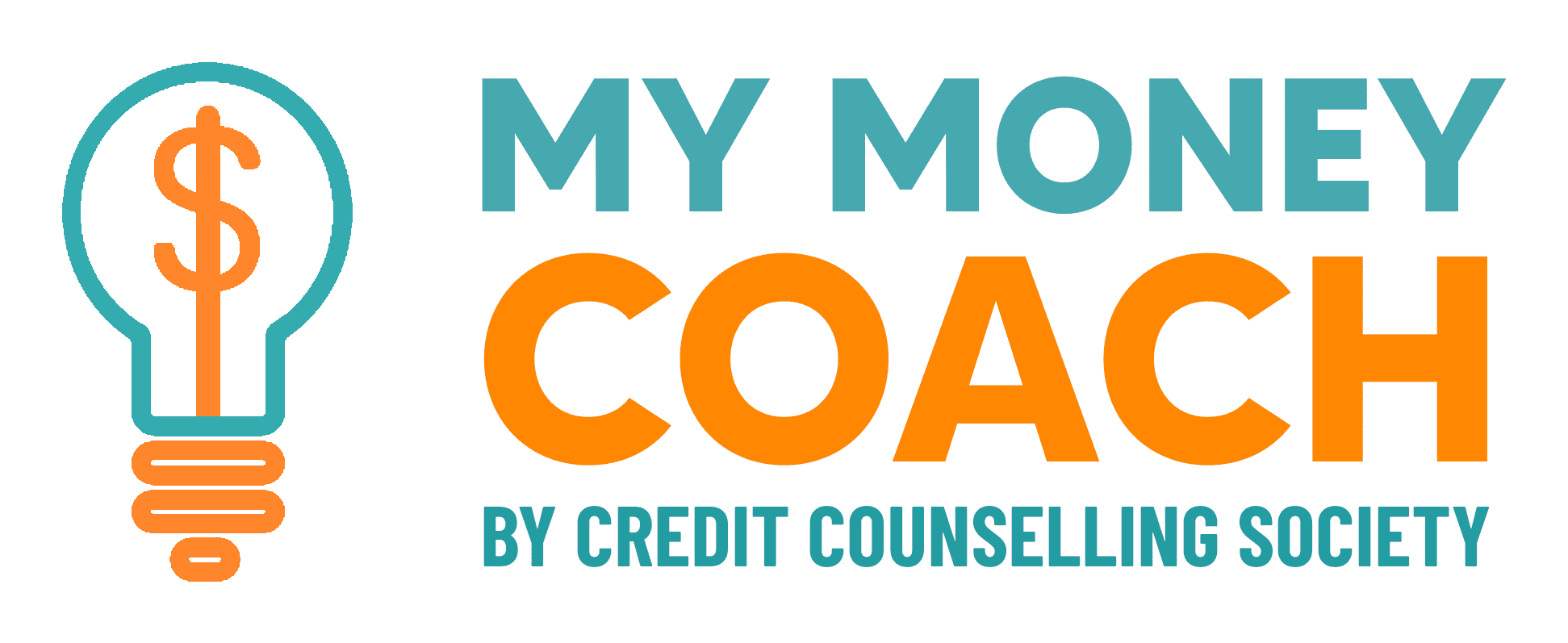Plan Ahead to Avoid the Baby (Budget) Blues
By Monika Ritchie
A brand-new person is always cause for joy, celebration, and spending. Lots of spending. For first-time parents or care-givers, making a big splash for a little bundle is almost irresistible. While it may be tempting to splurge when it comes to a new baby, that can lead to a lot of unnecessary spending. Check out these tips to learn how to celebrate a baby while staying on budget.
Leave the Emotions at Home
Similar to other special occasions – birthdays, weddings, even funerals — baby shopping often comes with an intense emotional response. That almost always adds up to higher price tags and a hurting budget. While babies come with a lot of warm and fuzzy feelings, those emotions are not the ones you want to be budgeting and shopping with.
To separate your emotions from your finances, create a list and stick to it. Do your best to keep a clear head and use a budget calculator spreadsheet to stay on top of where you stand. Then focus on the essentials that you need rather than those adorable, impractical baby clothes you want. Can’t resist their cuteness? If you find it impossible to pass by those teeny tiny baby shoes or that sparkly bow that will be pulled off in no time flat, bring a friend, spouse, or family member with you. What you want is someone who can be logical and efficient about shopping for a baby—not a partner in crime who will encourage your poor shopping behaviour.
How to Avoid and Control Impulse Spending
Shop Second-Hand When You Can
Until you’ve had a baby yourself, you don’t realize just how quickly they outgrow things, and because of this, items that are “gently used” usually look brand new. While products such as car seats shouldn’t be bought second-hand due to safety regulations, there’s a whole host of items that you can get significantly discounted (and even for free) if you take the time to look for them.
Baby clothes, toys, books, and shoes are all things that most parents save and then donate or pass onto others. There are hundreds of online marketplaces, bidding sites, and parenting groups where you can find these items; they will often be sold in bulk, kept in excellent condition, and priced for a fraction of the cost that you’d pay buying them new.
24 Tips for Saving Money on Clothes
Get Showered in Savings
If you’re a first-time parent, it’s likely that your family and friends will be eager to throw you a baby shower. Not only is this a delightful way to celebrate your entry into parenthood, but it can be a lot of help when it comes to saving money on your bundle.
A well-researched registry—a list of baby products you’d like—is a great place to start. Planned purchases and solid research will allow you to have a good idea of what you already have, what some people have earmarked for purchasing, and most importantly, what you need. Again, leave the emotions at home, talk to other parents, and try to have a registry that’s focused on what you really need.
Worried about asking for gifts? It can feel a little strange, but most attendees like the ease of getting you something on your list instead of trying to guess. You can also include a mix of items with a wide range of prices so your guests can buy you something that fits their budgets.
Don’t Forget the Diapers
If you’ve been planning for a long time, have a large family, or you’ve been through it all before, you may be all set for your baby’s big-ticket items. In that case, you can save a lot of money in your baby budget by asking for diapers and other consumable items like wipes, liners for cloth diapers, or specific lotions.
People will often ask you if there’s anything they can bring; ask for diapers, let them know whether you’re using cloth or disposable, and then stock up. Because babies do outgrow these quite quickly (just like everything else), you may want to suggest people bring different sizes or that they include the receipts so you can exchange your unused, unopened packages for a larger size. This also means that parents often find themselves with opened but unused, or barely used packages of diapers. Keep an eye out on online parent groups and marketplaces for deals on these as well.
Research to Find Ways to Save
It’s almost a given that most of us are already doing quite a bit of online research before making our big (and sometimes) small purchases. Finding out the average cost of baby items helps inform our spending choices. While you might be reading about the safety benefits of one car seat over another, consider expanding your research to include how to save money with your purchases. Online parenting groups and baby websites are a great place to talk to other parents about their purchases. If you have friends or family who are experienced parents, you can start there too. Make a list of questions about the purchases you’re going to be making and get their opinions. Some questions you could ask are:
- Did you find any purchases a waste of money or not very useful?
- What do I need to buy that has to be brand new?
- What’s safe to buy second-hand?
- What did you need to have for a new baby?
- How did you save money when shopping for your baby?
Not only will you get answers from people who have gone through the same situation you’re currently in, but there’s a very good chance those same individuals will have some items that they’ll want to share with you.
When to Ask for Help With Your Baby Budget
If you’re worried about your baby budget, there’s nothing wrong with asking for help. Whether you’re a first-time parent or a seasoned pro, it can be overwhelming to manage your household budget while on reduced maternity or paternity income. Look through our resources to make this time easier and explore options around how best to deal with the debt you had before the baby arrived. There are also financial experts you can talk to for free. They work for non-profit credit counselling agencies across Canada and will give you advice and guidance tailored for your situation. Let your bundle bring you joy, not the budget blues.



0 Comments